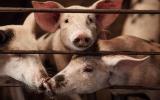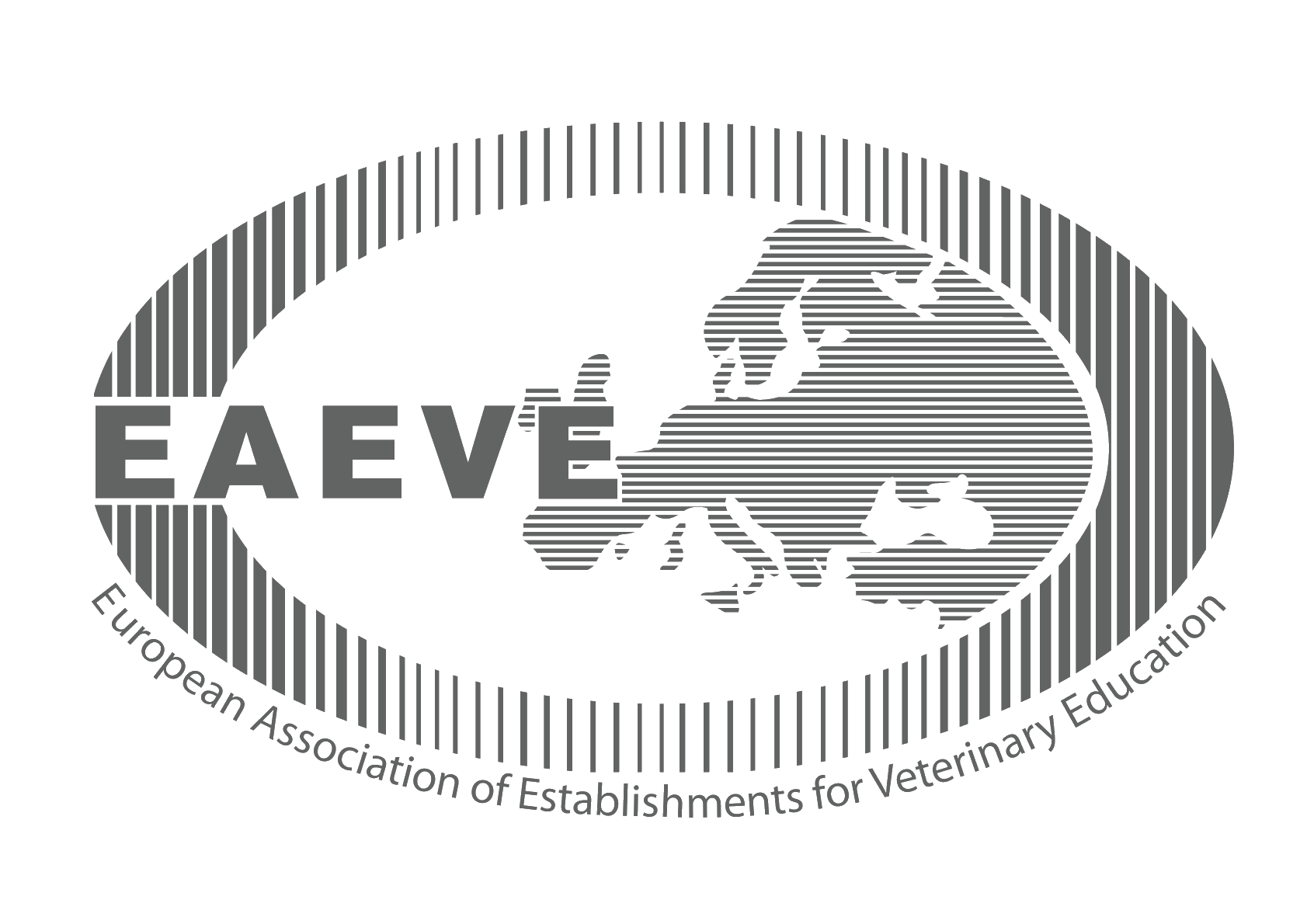V4-2381

Knowledge Hub for Green, Sustainable and Innovative Mediterranean Agriculture

General Data
Member of UL |
Veterinary Faculty |
|
Name of the leading partner |
ZRS Koper | |
Status |
Partner | |
Project code/ Projet No. |
V4-2381 | |
Project Title |
Knowledge Hub for Green, Sustainable and Innovative Mediterranean Agriculture | |
Funder |
ARIS, MKGP | |
Project period |
01.10.2023 - 31.03.2025 | |
Yearly sum of FTE |
10.000,00 € (complete project for VF) |
|
Leader VF |
dr. Mateja Stvarnik | |
Scientific field |
Biotechnology, Agricultural Sciences | |
Partners |
ZRS Koper, UL BF – Univerza v Ljubljani Biotehniška fakulteta, KIS - Kmetijski inštitut Slovenije, Univerza v Novi Gorici |
Project Description
In the last 25 years there was a lot of effort towards establishing a knowledge center, that will address the agricultural needs in the Mediterranean area, which is characterized for its typical mosaic cultural landscape. Its identity can also be recognized by its cuisine, which is heavily dependent on traditional dishes and local products, and is the motor of the sustainable tourism, that is becoming the main type of tourism in this area. Even though tourism is a more significant economic sector in the Slovenian Mediterranean region and that agriculture plays a central role in both the development of sustainable tourism and the preservation of ecosystems and biodiversity, the idea of establishing a knowledge center for the needs of Mediterranean agriculture has not yet been realized, despite years of efforts and numerous projects carried out. The reason lies in the fragmentation of knowledge and research infrastructure between research institutions and universities, that focus its work on selected areas, which leads to poor cooperation, inadequate usage of available resources and limit the development of new ideas and innovations. The lack of a coordinated approach is having an impact on the whole sector, which is looking for knowledge in foreign good practices, that are not always economically and environmentally sustainable. By establishing a complex network of people, institutions, activities, and infrastructure potentially unified under the "Mediterranean Agriculture Center," the basic conditions for the successful operation of economic sectors such as Mediterranean agriculture will been sured. Additionally, all knowledge capacities and infrastructures offered by various research and development institutions will be appropriately utilized. Organizing such a structure is challenging and complex due to different interests and levels of collaboration. Therefore, the goal of the proposed project is to examine the possibilities of establishing a sustainable agricultural development environment and a suitable platform for dialogue among all stakeholders, promoting innovation, enhancing competitiveness, and enabling sustainable growth and prosperity in both the agricultural sector and related economic activities. In pursuit of the projects main goal, we will further examine the current potentials and challenges in Slovenian Mediterranean agriculture. We will also document the available human and financial resources, as well as the research infrastructural capacities. Based on the collected data and a study of future transformative scenarios for sustainable development of Mediterranean agriculture, we will identify key niche areas for further development. We will define a development strategy for Mediterranean agriculture and determine the necessary infrastructure to enhance knowledge in the aforementioned field. New knowledge has significant potential for innovations in agriculture, but creating an appropriate environment is crucial for their successful transfer to farms. In addition to establishing effective communication, the competence of end-users is essential. Properly educated users can interpret complex scientific findings and apply them to their specific conditions. Critical thinking enables them to identify new opportunities and make effective decisions. Therefore, within the project, a survey will be conducted on the trend of interest and assessment of the needs and capabilities of key users regarding the implementation of innovations in their agricultural systems. To establish appropriate and effective communication, successful examples of "knowledge centers for agriculture" in other regions and countries will be studied, examining their operational models, structures, activities, and achievements. Based on collected data and exchanges of opinions with various stakeholders, a conceptual design of the Mediterranean Agriculture Center will be prepared.
Structure of the Project Group
- Dr. Mateja Stvarnik
- Prof. dr. Janko Mrkun
- Dr. Mesarič Matjaž
- Dr. Irena Golinar Oven
- Izr. prof. dr. Marina Štukelj
- Izr. prof. dr. Ožbalt Podpečan
- Andrej Škibin
- Doc. dr. Metka Pislak Ocepek
- Dr. Lucija Žvokelj
Location
Gerbičeva 60
SI-1000 Ljubljana
Slovenija
Sample Reception
Samples are received at several locations throughout Slovenia. See where.
The veterinarian on duty
Emergency veterinary assistance for dogs and cats and a telephone number of constant readiness.
Library
A wide selection of domestic and foreign professional literature in the field of veterinary medicine and other sciences.
Main navigation
-
Education
- Informativni dan
- Why to become a veterinarian?
- Undergraduate Studies
- Postgraduate studies
- Pripravništvo
- Summer Schools
- Continuous education
- Professional Development
- International Activity
- Mednarodna dejavnost - Tuji študentje
- The Path to Creative Knowledge
- Tutoring
- Extracurricular Activities
- Career Centres
- Alumni
- Student organizations and societies
- Quality Assurance
- Clinics
- Diagnostics
- Dobrobit
- NVI
- Research
- About us
- Hub




